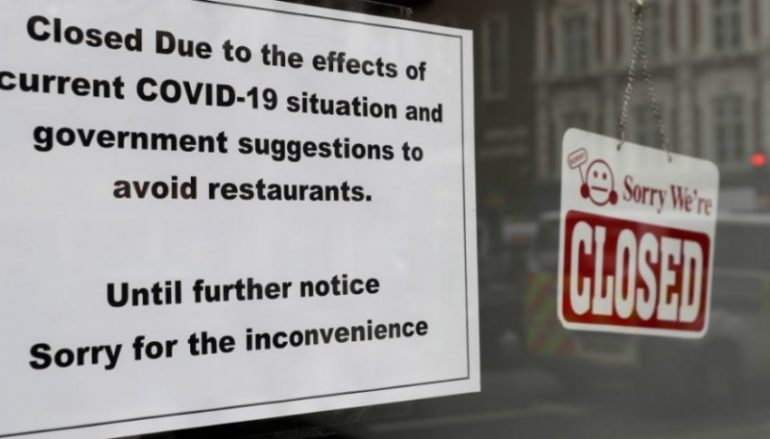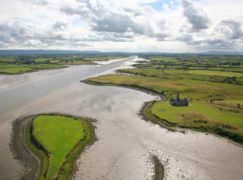

Next Programme for Government Must Support Regional Recovery and Boost Impacted Sectors in the Wake of the COVID-19 Crisis
Chambers Ireland launches new research this morning (8 May 2020) on the sectoral and regional impact of COVID-19. This follows publication of survey results last week on the 30 April which looks at the economic impact on businesses across the country.
Tourism, hospitality, entertainment, and local services all show signs of having been particularly negatively impacted. Regionally the counties along the Atlantic Economic Corridor are feeling the impact of this economic calamity more keenly than in other regions.
- Tourism is the most affected sector, with over half of Tourism businesses predicting that their 2020 revenue will be about a third, or less, of what they had been expecting going into the year.
- The Hospitality sector is impacted by the double effect of reduced consumption within the economy as a result of the Covid-19 restrictions and the challenge of operating their businesses within the context of physical distancing, upon the reopening of the Economy.
- Entertainment, Culture & the Arts are similarly challenged by the necessary public health restrictions as for many the capacity restrictions on their venues sees their business opportunities being severely limited for the duration of the crisis.
- Local Services, which include many public facing businesses, including dry-cleaners, gyms, hairdressers, and those which are tied to local areas as a result of the nature of their business are often limited in their capacity to maintain operations through work practice changes such as remote working.
This research follows a report published by the Regional Assemblies earlier this week which identify the geographical areas in Ireland that are more likely to be exposed to economic disruption caused by the measures introduced to limit the spread of COVID-19.
Gerry Luskin, President of Ballina Chamber of Commerce states;
“It is obvious that businesses based along the Atlantic Economic Corridor are feeling the impact of this “economic catastrophe” more so than in other regions.
Results from Mayo of a Chambers Ireland survey illustrates that 16% of respondents said their business operations have not been directly affected by Covid-19 restrictions, while 45% have closed entirely.
Tourism is the most affected sector, with over half of tourism businesses predicting that their 2020 revenue will be about a third, or less, of what they had been expecting for the year, with 54% of staff having been laid off”
Speaking this morning, Chambers Ireland Chief Executive Ian Talbot said,
“When we went to the polls in early February, it was not possible to foresee the economic difficulties we would face only a few months later. The research we are launching today highlights the challenge the next Government faces, not only in reopening the economy but in supporting the recovery of sectors and regions that have been disproportionately affected by the outbreak of this virus.
While this crisis is hurting businesses throughout the economy, some sectors such as Tourism and Hospitality are particularly badly impacted. Others such as Local Services have been forced to close by government directive and the uncertainty about the way forward has put livelihoods in peril.
Given the reliance of the Atlantic seaboard counties on industries such as tourism, our research shows us that the west coast is the region most impacted. This ties in with research published by the Regional Assemblies earlier this week.
The best way we can support these sectors and local economies to recover is to ensure the towns, cities and regions become even better places to live, work and do business. It is essential that within the next Programme for Government there is a high impact and well-funded response to support these places and regions to economically diversify, during what will be a very difficult few years to come.
Such a response should include the delivery of investment in regional infrastructure to support economic growth, more supports for the tourism sector and a national funded strategy to ensure that town centres and high streets, where so many of these businesses are based, are supported to thrive.
In particular, there will be a need for an urgent increase in funding for Local Authorities. This is critical as these bodies will be tasked with re-purposing town centres, through increased pedestrianisation, wider footpaths and more bikes lanes, so that they can adapt to the necessary social distancing restrictions that will need to be in place as we move to reopening local economies. This funding must come from central Government. Without adequate funding for local government, we risk exposing our high streets and businesses to further economic damage.”








